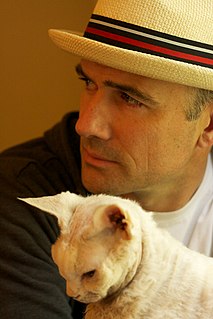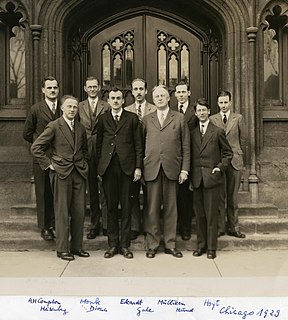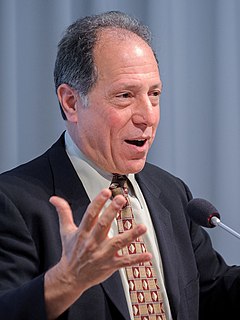A Quote by Luc de Clapiers
The young suffer less from their own errors than from the cautiousness of the old.
Related Quotes
I have always preferred the company of older people. No one in the history of the world has had less interest in the young than I do. I am not interested in what young people are thinking. They're thinking less than old people, of course. I mean, what could they be thinking? And what are they doing? They're doing the same stupid things you did.
He [Zampano] probably would of insisted on corrections and edits, he was his own harshest critic, but I've come to believe errors, especially written errors, are often the only markers left by a solitary life: to sacrifice them is to lose the angels of personality, the riddle of a soul. In this case a very old soul. A very old riddle.
But this same process of the old teaching the young can also cause errors and false conclusions to accumulate with the passage of time. One should therefore study ancient writings, not so much in the hope of finding lost wisdom as in the hope of locating the origin of errors that have been, and still are, accepted truths.
We think we know what we are doing. We have always thought so. We never seem to acknowledge that we have been wrong in the past, and so might be wrong in the future. Instead, each generation writes off earlier errors as the result of bad thinking by less able minds - and then confidently embarks on fresh errors of its own.





































